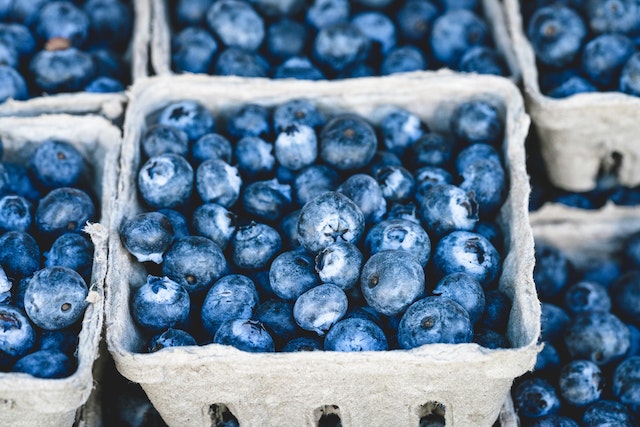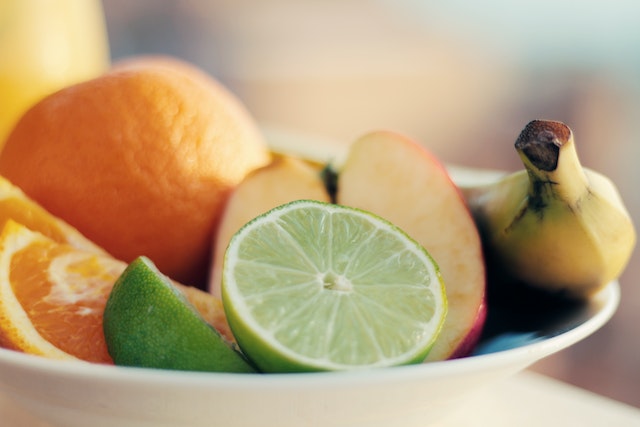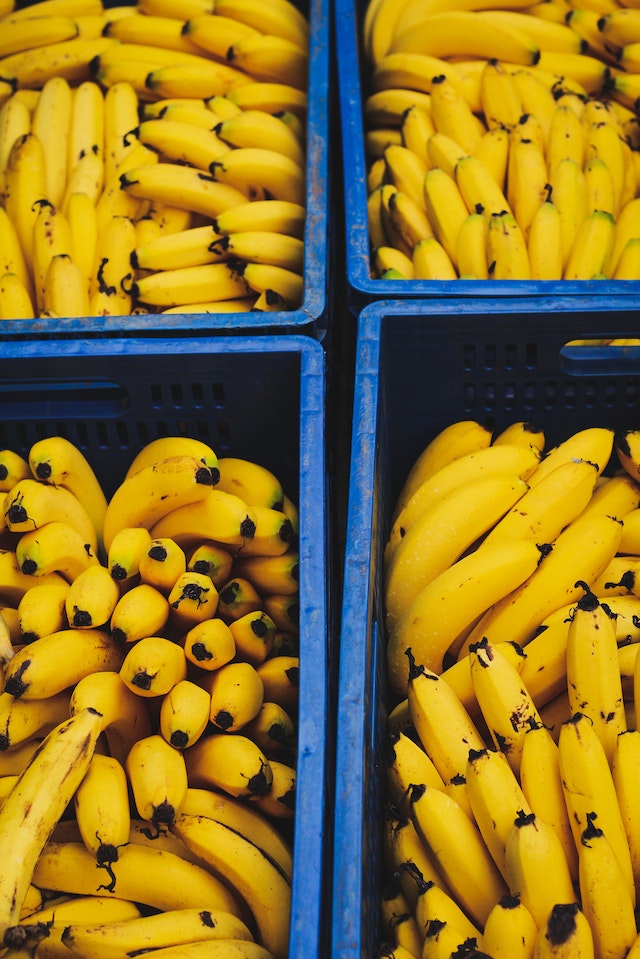Oranges
Although oranges are renowned for having a greater vitamin C content, they also include a special combination of minerals, such as potassium, iron, calcium, vitamin E, and a number of B vitamins. Collagen slows down the aging process of the skin and keeps you looking young thanks to vitamin C. According to a 2019 study published in PLoS One, orange pulp also contains a high polyphenol content, which helps to shield your cells from harm.
Prunes
Dried fruits, particularly prunes, can be a healthy food source for nutrients. Due to their high fiber content, which contributes to the bulking of stool and makes going to the restroom simpler, prunes are believed to aid in digestion. Studies demonstrate that eating prunes helps to prevent or postpone bone loss. Prunes also include a significant quantity of vitamin K, which aids in the development of certain proteins required for blood clotting and bone growth.
Raspberries
Raspberries are renowned for having one of the highest fiber contents of any fruit, with 8 grams (32% of your Daily Value) in one cup. Consuming enough fiber can help you control your weight, lower the risk of developing diabetes and heart disease, maintain the health of your gut microbiota, and maintain stable blood sugar levels. According to the National Institutes of Health, raspberries are also well recognized for being a rich source of magnesium, which aids in the regulation of a variety of body processes, including protein synthesis, muscle and neuron function, blood sugar management, and blood pressure.
















